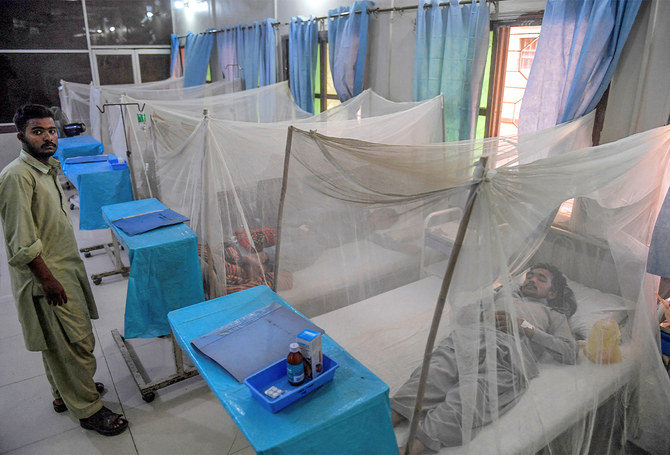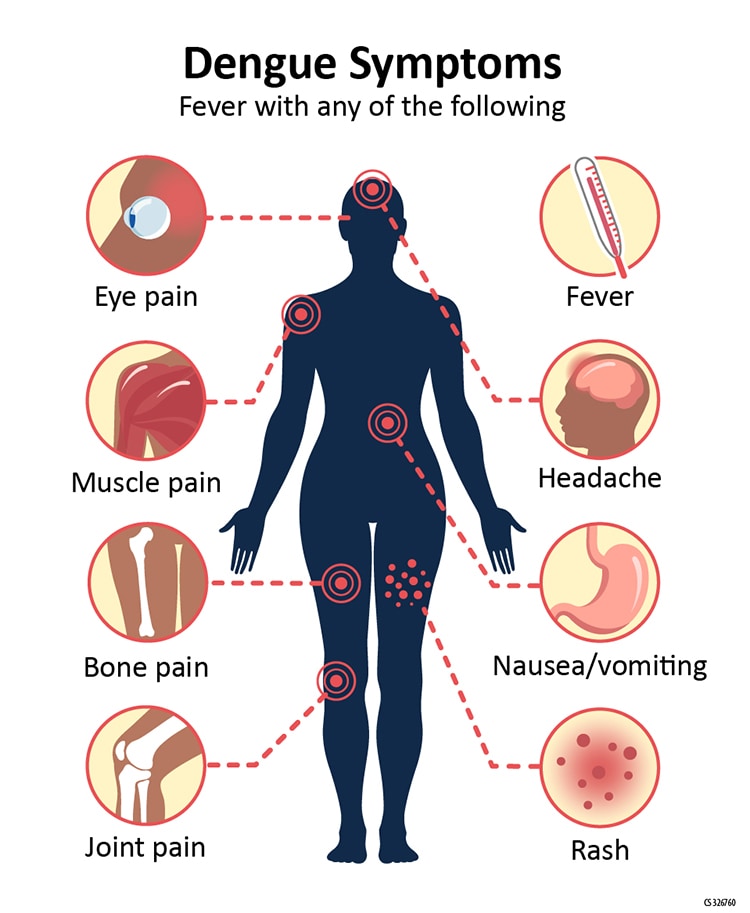DENGUE FEVER OUTBREAK IN PAKISTAN,2022 🦟
OVERVIEW . CAUSES . SYMPTOMS . PREVENTION
🦟 ''The current dengue outbreak amidst COVID-19 pandemic in Pakistan; a major threat to Pakistan’s healthcare system''
Dengue is an infectious disease caused by any of the four virus serotypes: DENVs [[2], [3], [4], [5]]. It is a mosquito-borne disease and is primarily transmitted to humans by the female Aides mosquito. It is a daytime breeder, biting the victim early in the morning or just before dark and spreading quickly, with the victim developing a viremia after just 4 days of being bitten by an infected mosquito. The fever arises and subsides in a cyclical pattern and the victim's platelet count starts decreasing. The disease is mainly concentrated in tropical and subtropical regions, putting nearly a third of the human population, worldwide, at risk of infection.
Dengue has been a problem for Pakistan for many years, having faced its first outbreak in 1994 and a sudden increase in human cases in October 2005. Dengue is now an epidemic in Pakistan and many outbreaks have been reported in 2010, 2017, 2019 and 2020. Cases of Dengue fever circulate throughout the year, with a peak incidence occurring in the monsoon season.
In Sindh province in southern Pakistan, officials have reported a total 9,826 dengue fever cases in 2022, including about three-quarters of the cases reported in September alone.
Of this total, 6,053 confirmed cases were reported in Karachi. Karachi also accounts for the vast majority of dengue deaths in Sindh (36 out of 39).
🦟CAUSES OF DENGUE FEVER:
Dengue fever is caused by any one of four types of dengue viruses. You can't get dengue fever from being around an infected person. Instead, dengue fever is spread through mosquito bites.
The two types of mosquitoes that most often spread the dengue viruses are common both in and around human lodgings. When a mosquito bites a person infected with a dengue virus, the virus enters the mosquito. Then, when the infected mosquito bites another person, the virus enters that person's bloodstream and causes an infection.
After you've recovered from dengue fever, you have long-term immunity to the type of virus that infected you — but not to the other three dengue fever virus types. This means you can be infected again in the future by one of the other three virus types. Your risk of developing severe dengue fever increases if you get dengue fever a second, third or fourth time.
🦟SYMPTOMS OF DENGUE FEVER:
Many people experience no signs or symptoms of a dengue infection.
When symptoms do occur, they may be mistaken for other illnesses — such as the flu — and usually begin four to 10 days after you are bitten by an infected mosquito.
Dengue fever causes a high fever — 104 F (40 C) — and any of the following signs and symptoms:
- Headache
- Muscle, bone or joint pain
- Nausea
- Vomiting
- Pain behind the eyes
- Swollen glands
- Rash
- Severe stomach pain
- Persistent vomiting
- Bleeding from your gums or nose
- Blood in your urine, stools or vomit
- Bleeding under the skin, which might look like bruising
- Difficult or rapid breathing
- Fatigue
- Irritability or restlessness
When to see a doctor ?
Most people recover within a week or so. In some cases, symptoms worsen and can become life-threatening. This is called severe dengue, dengue hemorrhagic fever or dengue shock syndrome.
Severe dengue happens when your blood vessels become damaged and leaky. And the number of clot-forming cells (platelets) in your bloodstream drops. This can lead to shock, internal bleeding, organ failure and even death.
Warning signs of severe dengue fever — which is a life-threatening emergency — can develop quickly. The warning signs usually begin the first day or two after your fever goes away, and may include:
Severe dengue fever is a life-threatening medical emergency. Seek immediate medical attention if you've recently visited an area in which dengue fever is known to occur, you have had a fever and you develop any of the warning signs. Warning signs include severe stomach pain, vomiting, difficulty breathing, or blood in your nose, gums, vomit or stools.
If you've been traveling recently and develop a fever and mild symptoms of dengue fever, call your doctor.
🦟TREATMENT OF DENGUE FEVER:
There is no specific medical treatment for dengue, which has flu-like symptoms. Monitoring for warning signs of severe disease is important. Urgent medical intervention is required if indications of shock or bleeding develop, as these complications can be lethal.



